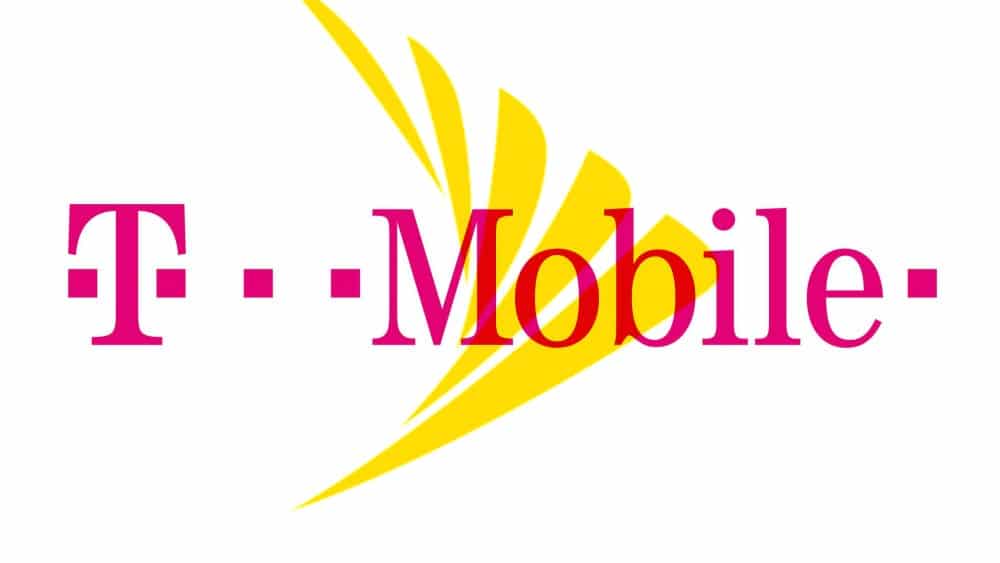The Sprint And T-Mobile Merger Makes Total Sense
4 min read
Early Sunday morning, T-Mobile announced they were acquiring Sprint for $26.5 billion dollars. This proposed merger will bring the number three and four wireless carriers in the US together in an effort to better compete against AT&T and Verizon. This isn’t the first time the two carriers have tried to merge though, as back in 2014 the Obama-led FCC shot down an attempted merger. Citing a concern for consumers lack of choices, the merger fell flat, leaving T-Mobile and Sprint to pursue other options. T-Mobile has done quite well for itself, adding 40 Million customers in the last 5 years, and pushing the envelope with innovative offerings and aggressive price points. Sprint on the other hand, has essentially floundered, racking up an impressive $32 billion in debt along the way.
If approved, the Sprint/T-Mobile deal would be one of the biggest in American history. One that has the potential to shift the tides of the wireless industry in a major way. Separately, Sprint and T-Mobile are small fish in a big pond. Together, they’d immediately jump to the number two spot, behind Verizon. While AT&T is more focused on building out a more robust entertainment offering, and Verizon being complacent with the number one spot, a joined Sprint/T-Mobile wireless company could shock the world. As consumer focus shifts more and more to integrated online services, the need for a next-gen 5G network will become the center of a very intense wireless arms race. Together, Sprint and T-Mobile could jump to the forefront and become true leaders in the industry.
That’ll be easier said than done though. Even though the new FCC chair Ajit Pai has gone on record as being supportive of mega mergers, the Department of Justice could very well step in and shut this merger down again. AT&T has found themselves in the middle of a heated court battle after attempting to acquire Time Warner. Anti-trust Chief Makan Delrahim, argues that should AT&T be allowed to buy Time Warner, they could raise the price on subscription costs for specific services such as HBO or to access channels like CNN. Most likely, the same argument could be made against the merging of Sprint and T-Mobile, but with one major difference.
Wireless customers have long clamored for options, variety in the carriers they can choose from. While on paper, it looks like we have tons of options, realistically we’ve been pushed towards the top for years. Verizon and AT&T have enjoyed consistent time at the top of the food chain because of their large customer base, and even larger wallets. This affords them the convenience of larger cash flow, which in turn allows them to build out larger networks, making them more enticing for consumers. With a successful merger, Sprint and T-Mobile will be able to better compete against the larger wallets and larger networks of AT&T and Verizon. Competition is always a good thing, especially within the wireless space, and if AT&T and Verizon have their feet held to the fire, then we’ll all reap the rewards from that.
As consumers move further towards more connected lives, the need for a strong wireless network will grow. This is the raft T-Mobile and Sprint execs will use to try to entice the Justice Department into approving the merger. The two carriers actually have spectrum that would be complimentary to the other, therefore they’d have little incentive to burn everything and start new. Combining networks will also allow Sprint and T-Mobile to repurpose cell sites no longer needed under the new structure. If you want a prime example of how well the networks can be interchanged, look no further than Google’s ProjectFi Wireless service. It dynamically switches between T-Mobile and Sprint’s networks for wireless service, and has become wildly popular over the years.
While it’s too early for Sprint and T-Mobile to call this a success just yet, it is highly unlikely the deal won’t go through. Even though most of the team that struck down the initial deal is still in place, they have a ton of things working in their favor this time. One of which being a very pro-merger FCC chair, and a very pro business congress. For consumers, this merger would take a company that is currently bleeding cash (Sprint) and put it with a company that has done all the right things in order to move the needle (T-Mobile). Combining these two companies make sense as they actually need each other in order to better compete against the duopoly of Verizon and AT&T.
For the first time ever, less may actually be more.






